On September 6, 2021, the civil society organization “Yenme” along with the USAID/governance Support Program in Turkmenistan (GSP) held a round table on the “Measures of state support in the field of professional and labor adaptation of people with disabilities” topic.
The round table was held in a hybrid format (10 person-to-person format, 6 people – online format) in the small conference hall of the Yyldyz hotel in the capital, which was attended by representatives of the Mejlis, the Ministry of Labor and Social Protection of the Population, tax and customs services, khyakimliks and specialists of public organizations of Turkmenistan.
The purpose of the round table was to create a discussion platform on improving the mechanisms of state support in the field of employment of persons with disabilities, and to develop proposals for discussing measures of state incentives for employers. Previously, seminars and trainings were held on the issues of vocational and labor adaptation of people with disabilities and the round table was a continuation of the cycle of events within the framework of the Inclusive Employment Program.
The theoretical material was presented by the presentations of the experts on this topic: Maral Karayevna Paltayeva and Gulya Choreklieva. During the presentations, the participants actively discussed the presented by the speakers material.
In her speech, M.K. Paltaeva presented an overview of the legislative framework aimed at ensuring the right to work for people with disabilities, which was based on the Constitution of Turkmenistan, the Labor Code of Turkmenistan, the Code of Turkmenistan on Social Protection of the Population, the Law of Turkmenistan “On Employment”, and the Law of Turkmenistan “On State Youth Policy”.
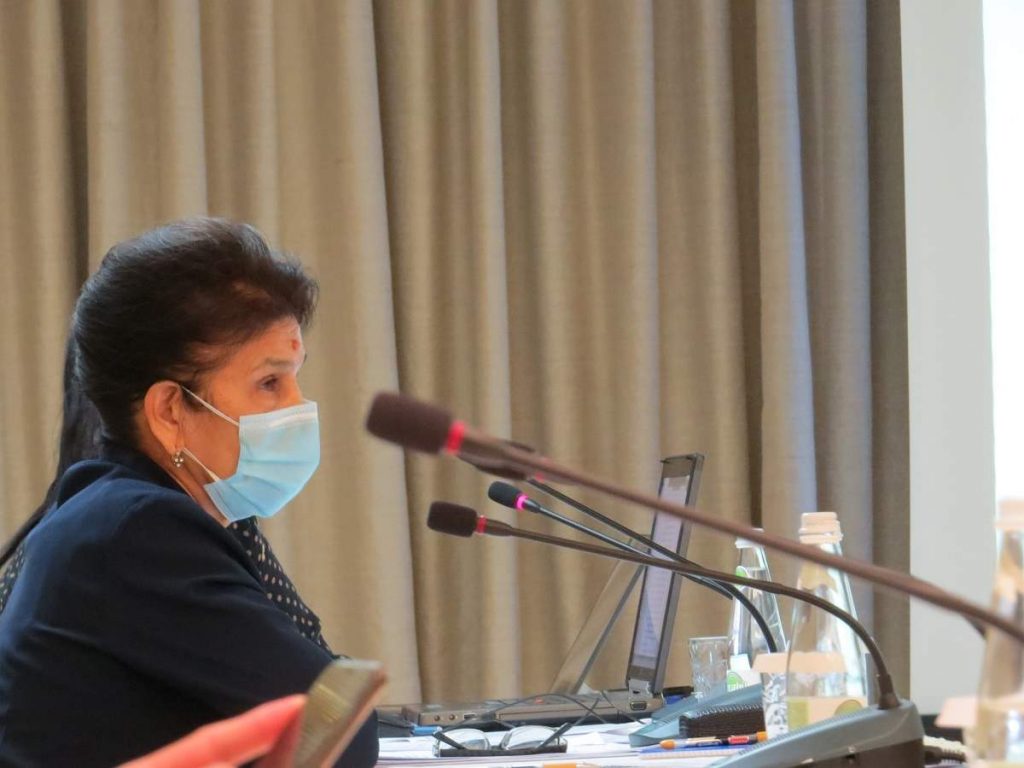
It was also noted that Turkmenistan became the first country in Central Asia to accede to the Convention on the Rights of People with Disabilities in September 2008, and to ratify its Optional Protocol in 2010. And in this regard, Turkmenistan has taken a number of important steps to harmonize national legislation with the provisions of the Convention on the Rights of People with Disabilities.
Further, the speaker added that several amendments were made to the Tax Code of Turkmenistan in August 2020. In accordance with them, enterprises of disabled public associations, the authorized capital of which is wholly owned by these public associations, at least 70 percent of whose employees are persons with disabilities, and where they work at least 20 persons with disabilities are exempt from paying value added tax and income tax.
In addition, the participants of the Round Table were familiarized with the national action plans for 2021-2025 on human rights, as well as on gender equality in Turkmenistan. They were also informed that Turkmenistan: a) joined Marrakesh Treaty “On Facilitating Access to Published Editions for the Blind and Persons with Visually Impaired or Other Disabilities to Perceive Print Information” in August 2020 to the 2013;b) presented, in accordance with the ILO Constitution, the Report “On measures taken over the period until 2021 to apply the 1976 ILO Convention No. 144“ On tripartite consultations to promote the application of international labor standards”, ratified on September 9, 2019; c) joined in accordance with the decision of the Mejlis of Turkmenistan to the ILO Convention “On Employment Policy” No. 122 in March 2021.
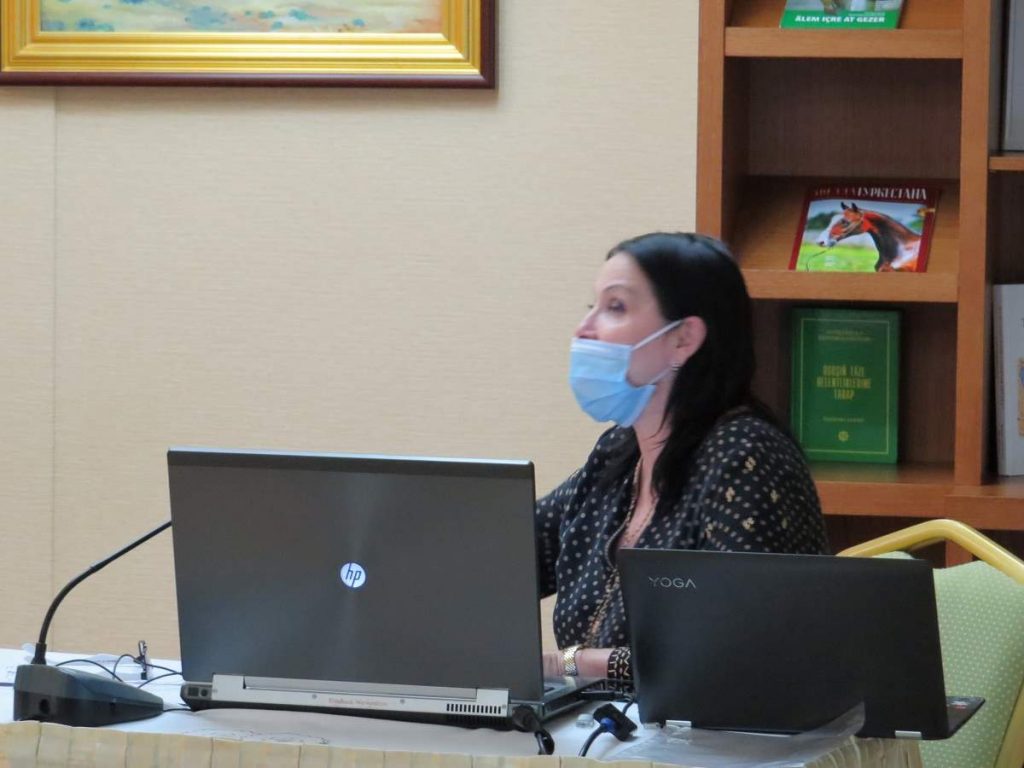
In her “Public-state partnership in the field of professional and labor adaptation of people with disabilities” speech G.Т. Choreklieva, chairwoman of CSO Yenme highlighted the issues of the effectiveness of such a partnership, since both state structures and civil society are included in this area. She also emphasized that, the main message of this presentation was the strengthening of interaction between the state and public sectors in the field of labor adaptation. Moreover, such problems as low competitiveness of people with disabilities in the labor market, weak educational base for employment, lack of infrastructure for unhindered access to the workplace, would be solved jointly and effectively.
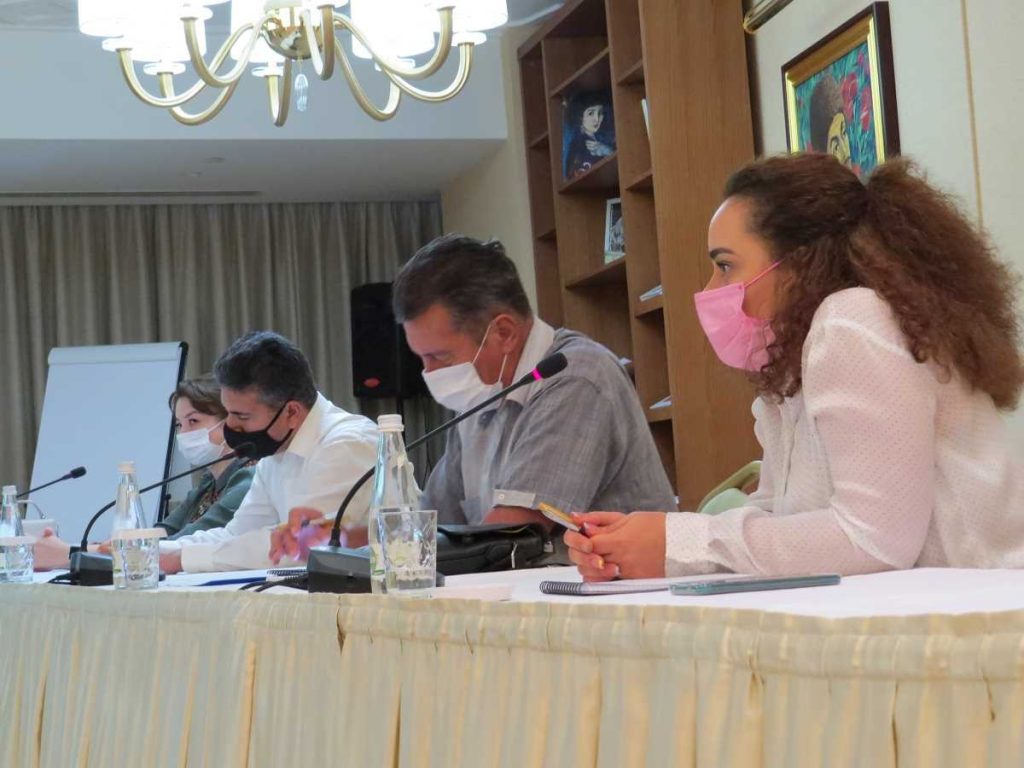
Participants raised questions about the difficulties of finding vacancies, lack of interest in the private commercial sector, lack of tax incentives for entrepreneurs. Representatives from the tax service, from the Union of Industrialists and Entrepreneurs of Turkmenistan noted the need to revise the Tax Code and other legislative documents. Furthermore, participants noted the need to create a mechanism in the country to improve tax incentives, identified tasks to improve methods of vocational guidance for disabled people, expand vocational education opportunities and create a system of information support in the field of employment.
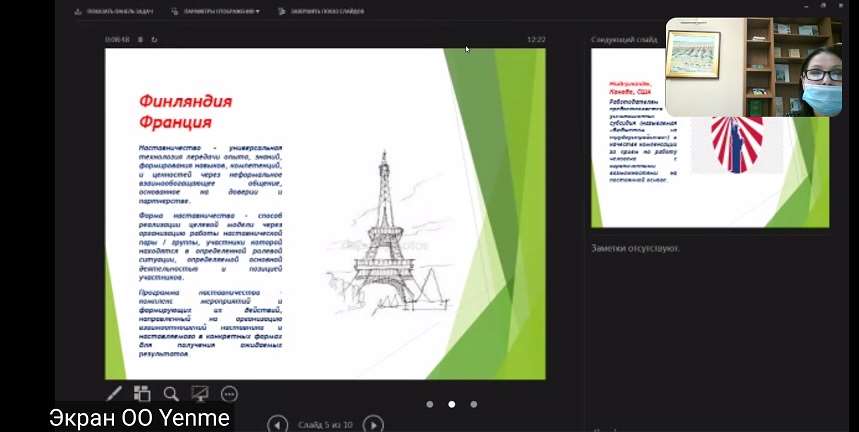
This approach should be human rights-based, comprehensive, and intersectoral collaboration is key. Following the program, G. Choreklieva then told the participants about the international experience in promoting employment of people with disabilities. Examples of government support and incentives for employers from different countries, such as Japan, European countries, and the United States, were given. Based on international experience, our country studies and implements the best practices, therefore, the participants noted the positive experience presented, which may need to be studied in more detail and adapted to the specifics of the environment.
Based on the results of the round table, appropriate conclusions were made, a question-answer session and discussions took place, during which a document with proposals was submitted for consideration to the Legislative Body. The participants approved the conclusions and proposals for state incentives in the field of professional and labor adaptation of people with disabilities.


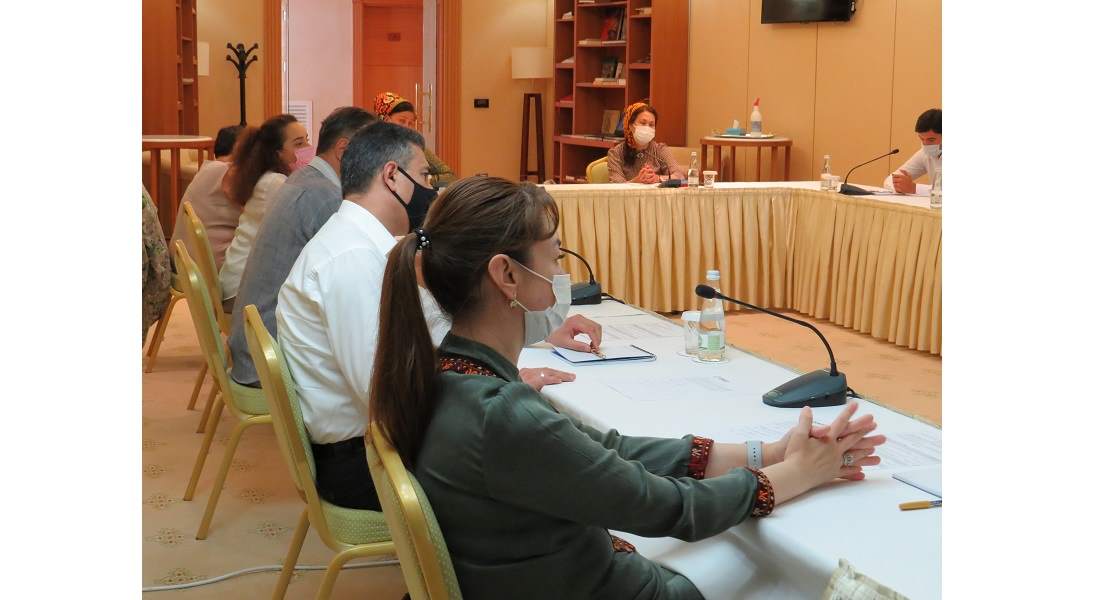
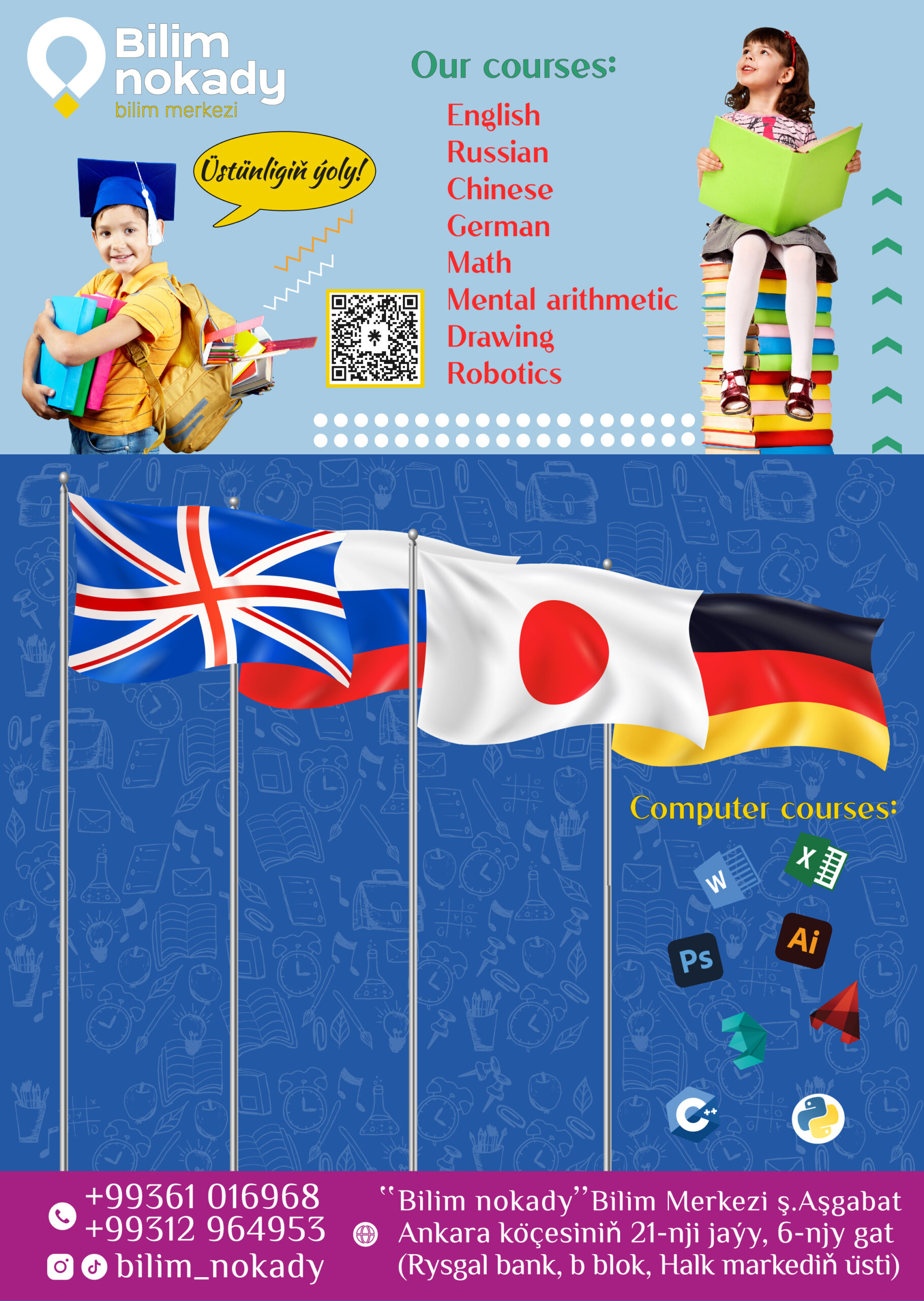

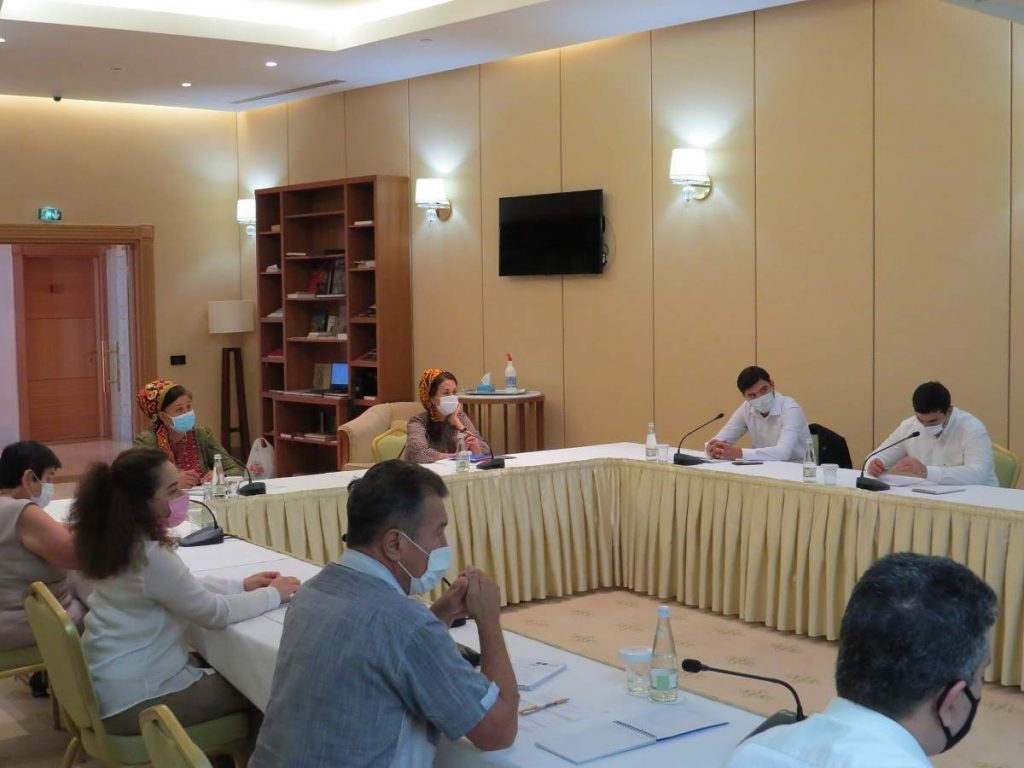
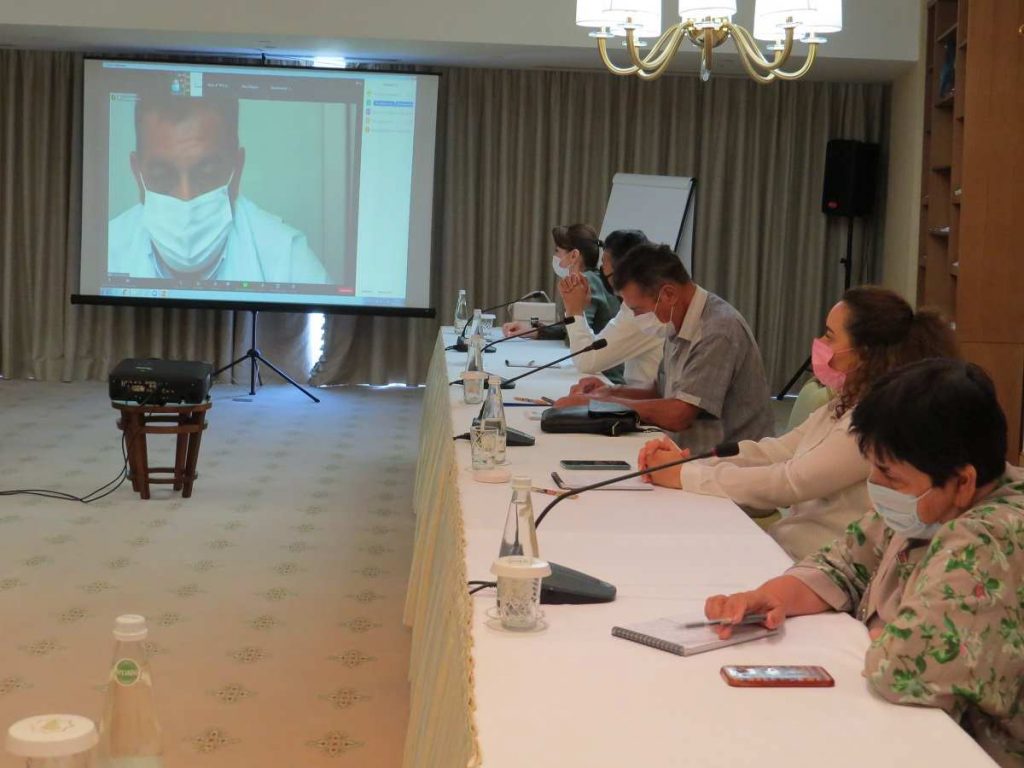
Comments